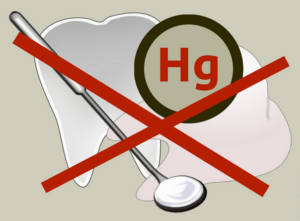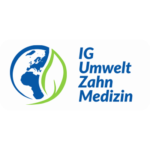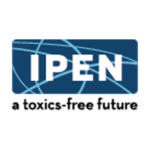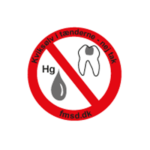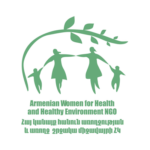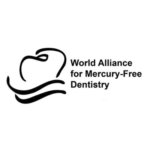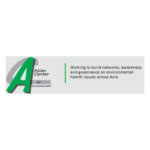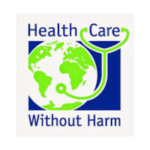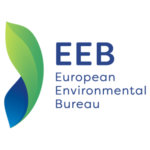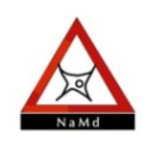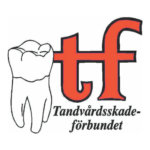Strasbourg, 8 February. Dental amalgam will be phased out in the EU by 1 January 2025 with few limited exceptions. This was agreed by representatives of the Commission, the Council and the European Parliament. As dental amalgam consists of 50% mercury and poses a risk to the environment and health, it has long been controversial.
Since 2018, dental amalgam is not allowed to be used for children under 15 years of age and pregnant or breastfeeding women. Now, the phase out is set to be extended to the entire EU population.
Only the Czech Republic and Slovenia should be granted a 18-month transitional period to adapt their healthcare systems, as Dental amalgam is still the only material that is fully reimbursed by their public healthcare system.
The export of dental amalgam will be banned by 1 January 2025 and by 30 June 2026, the production and import of dental amalgam be phased out as well. It will then only be possible for exceptional medical cases and the European Commission is to examine by 31 December 2029 whether the exemption can be withdrawn.
With an average of 0.6 grams per filling and a total consumption of 40 tons of mercury per year, dental amalgam is the largest remaining use of mercury in the EU. About 1000 tons of mercury are still placed in the mouths of European people.
When using dental amalgam, mercury is inevitably released into the environment despite all safety precautions. It is not a local problem but an international threat, as mercury crosses borders through the atmosphere and water bodies. The current state of the environment is alarming: 40% of surface waters in the EU are contaminated with mercury, posing a risk to birds and marine mammals that feed on contaminated fish or shellfish (EEA 2018) and putting the human consumption of fish at risk.
In addition, small amounts of mercury are constantly evaporating from the fillings, which poses a direct risk to the vulnerable population. In particular, mercury is released during placement and removal, which exposes not only patients, but also dentists and dental assistants.
„Nearly half of the EU member states have already phased out its use or reduced it to less than 1%. It has been proven that the alternatives are effective, available and affordable so that hazardous waste shouldn’t be unnecessarily placed into peoples mouth.“ says Florian Schulze, Managing Director of the European Network for Environmental Medicine and a leading expert on dental amalgam in the EU stakeholder process.
Further Information:

